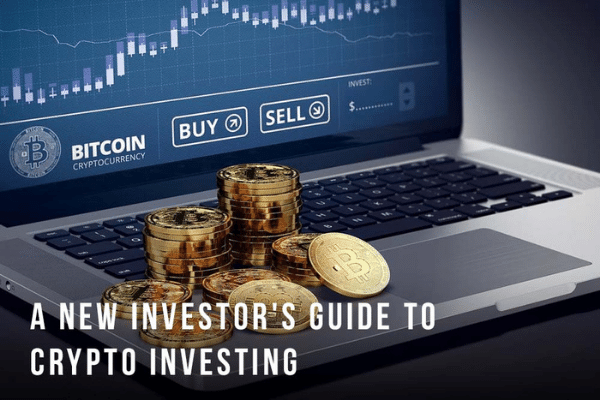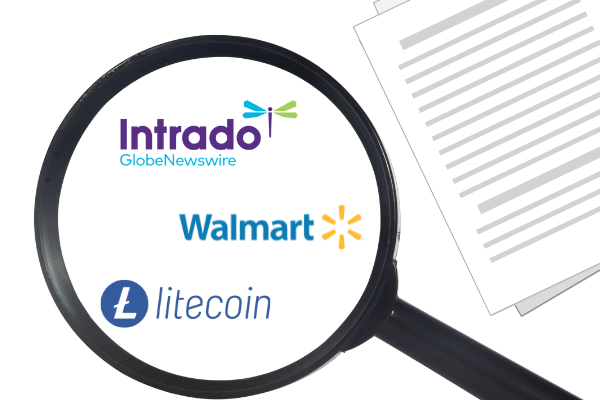
Everyone has heard about Bitcoin by now that you can easily sell bitcoin in Dubai. It introduced the world to blockchain or distributed ledger technology, and it is the centre of the universe as a crypto asset. However, bitcoin is far from alone. In fact, an entire galaxy of crypto assets has been built to enable a diverse set of use cases and applications in industries like identity management, data storage, gaming, finance, lending, social media, and streaming.
Because Bitcoin pioneered the market, almost every other crypto asset is referred to as an alt-coin. Alt-coins can be classified in several ways.
Tokens for Protocols
Protocol tokens, also known as Level-1 or base layer tokens, are native to a blockchain and are required for the platform to function. Bitcoin, for example, is a protocol token since it is not just what users transmit and receive across the network, but it is also how miners (payment processors) get rewarded for donating their computer power.
Ethereum, another protocol token, is by far the most renowned and popular alt-coin to sell bitcoin in UAE. It has a market valuation of $513 billion, trailing only bitcoin ($1.04 trillion). It was founded in 2015 by Vitalik Buterin, who aimed to establish a blockchain platform capable of running and executing any sort of software programme or application.
Bitcoin’s constitution is relatively strict by design, as more functionality provided by a blockchain might lead to extra security risks.
Ethereum works in the same way as bitcoin does, with miners expending significant amounts of computer power to add transactions to the network.
However, many other prominent blockchains have their own protocol tokens, including Solana, Algorand, Cardano, Binance Smart Chain, Avalanche, EOS, and Polkadot.
Tokens for Applications
If the operating system is the foundation of a blockchain, then decentralised applications (dapps) are the programmes that operate on top of it. Many of these applications have their own tokens (dapp tokens), which are freely exchanged on numerous platforms.
Dapp tokens sprang to popularity during the initial coin offering (ICO) mania in 2017 and 2018, when numerous founders earned millions—sometimes billions of dollars—through token sales to support product development. It is worth mentioning that the great majority of these ICO initiatives failed and their assets lost value, which was a reflection of the space’s novelty, exaggeration, and excitement.
Nonetheless, dozens of dapp tokens with market capitalizations in the hundreds of millions or even billions of dollars are still in existence today, underpinning apps with genuine usefulness and actual business activities that produce money, led by decentralised finance (DeFi) tokens. Compound, AAVE, Uniswap, SushiSwap, Curve, PancakeSwap, and Maker are among the most well-known.
Traditional financial applications (such as banking or lending) that are reproduced on a blockchain using dapps and smart contracts, which are automatically executable bits of code that activate when specific criteria are fulfilled, are referred to as DeFi. Consider smart contracts to be if/then statements embedded in blockchains. For example, you may put a purchase order on a decentralised exchange if the price of bitcoin reaches a specified level. More than $270 billion is currently tied up in blockchain apps and DeFi coins.
Finally, it is critical to emphasise the most recent advancement in cryptocurrency, non-fungible tokens (NFTs) to sell bitcoin in Dubai with cash. Every asset must be valued the same by every investor, which is a fundamental component of money or cryptocurrency. They must be interchangeable. NFTs, on the other hand, are the polar opposite of this. While they function on top of blockchains in the same way that any protocol or dapp token does, they have a set of unique traits or characteristics that distinguish them. If bitcoin is the first iteration of scarce digital currency, then NFTs are its natural heirs.
Passive Income And Staking
Exposure to spot market prices to sell BTC in UAE has been risky and/or profitable enough for many investors to make their first forays into cryptocurrency. However, as the sector evolves, we are beginning to see possibilities for investors to receive passive income from their investments. This method can be used to supplement gains or to hedge against price risk. Staking and yield farming are the top two tactics. I’ll go over each one separately.
Staking
Staking is the act of posting certain crypto assets as collateral in order to participate in the functioning of a blockchain. Users receive monthly benefits in the form of interest payments as compensation for locking up holdings. Staking is beneficial for blockchains that employ the proof-of-stake (POS) consensus process.
Staking is beneficial for blockchains that employ the proof-of-stake (POS) consensus process. This is a different technique from proof-of-work (POW), the computationally difficult and costly process used by bitcoin, litecoin, bitcoin cash, and many other forks of the original blockchain.
Despite the fact that POW has shown to be very secure and successful in most circumstances, there are rising worries regarding its energy consumption and accompanying carbon footprint. Furthermore, POW blockchains suffer from scalability and throughput concerns (Bitcoin can only process a few transactions per second, whereas POS systems can handle hundreds of thousands).
Furthermore, while Ethereum remains a POW blockchain, its native asset ether may be staked. This is due to Ethereum’s multi-year shift from a POW to a POS consensus mechanism in order to meet the huge demand for its computing resources.
Solana, Algorand, Cardano, Polkadot, and Tezos are examples of prominent stake-able protocols to easily sell bitcoin in Dubai. There is also an expanding array of OTC desks, prime brokers, and service providers, such as Fidelity, that can handle the unique trading, security, and reporting needs of those customers.


